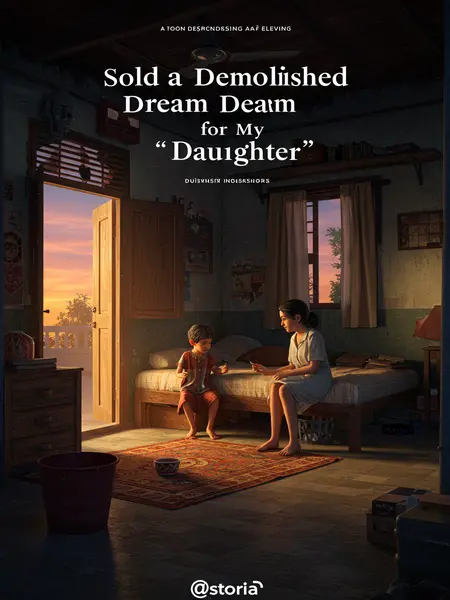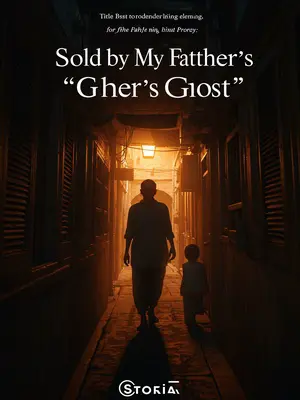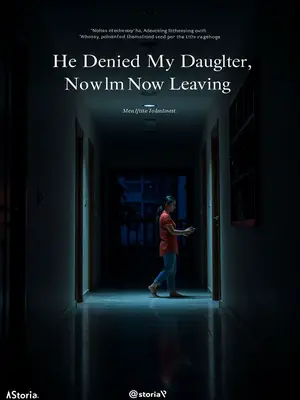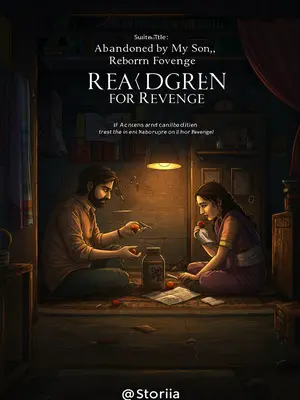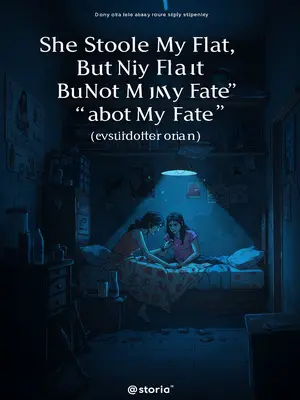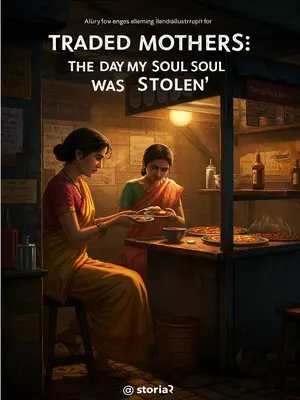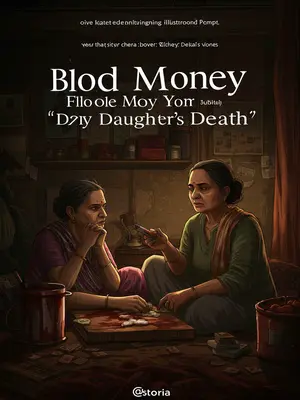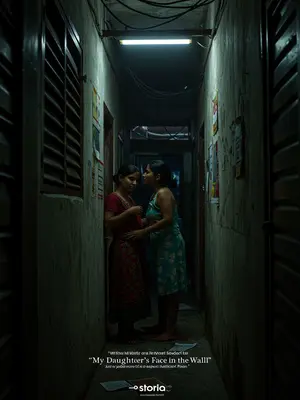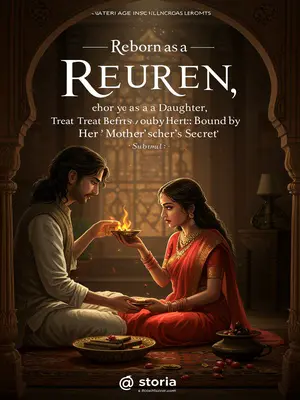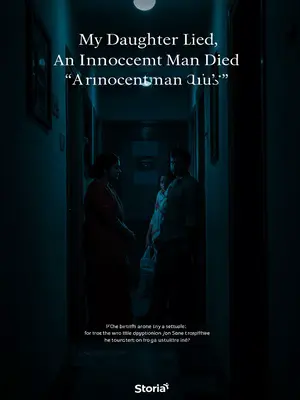Chapter 3: Luck and Longing
After that fire, my family doted on me more than ever. Mum and Dadi hovered over every cough and scraped knee. My tiffin was always stuffed with extra laddoos, and Dad brought home new hairclips and crayons when he could. The aunties would sigh, “Dekho, Sia ki toh nikal padi,” making my Mausis green with envy.
Dadi and Mum almost competed to spoil me, while my Mausis—each with two sons—looked on, half-jealous, half-amused. “Didi, you treat Sia like a queen! Our boys barely get a second roti,” my younger Mausi would complain. Dadi just stroked my hair and said, “Ladkiyaan toh ghar ki Lakshmi hoti hain.” Even the rivalry felt warm, a sign I was wanted.
My parents gave up on the idea of a son; their only goal became giving me the best they could. When neighbours hinted about trying again, Mum would smile, “Ek hi kaafi hai. Bhagwan ne jo diya, wahi sahi.” Dad would wink, “Why do we need a son when we have a champion like Sia?” I felt like I’d won a secret prize.
When I was two, Dad lost his job but took a bold step—starting his own business. There was no certainty, but Dad’s hope was fierce. He sold machine parts from a rented scooter, coming home late with grease on his hands. Mum stood by him, her faith never wavering.
Surprisingly, the business didn’t fail. Dad paid off every rupee he borrowed within a year. When he came home with a box of sweets, Dadi wept tears of joy, whispering prayers. Even the neighbours looked at us with new respect.
Soon, Mum left her job to help Dad, and profits began to trickle in. Their late-night whispers over account books became my lullaby. The house filled with new things—a colour TV, a mixer, fresh curtains. Life improved, and with it, their dreams for my future grew.
The idea of moving to the city was born in those quiet evenings. The city meant better schools, better hospitals—a better chance for me. Mum saved every rupee, Dad watched the city skyline from the bus, and I felt their excitement rising like steam from the morning chai.
On the big day, Mum woke me at dawn, humming as she brushed my hair and tucked my feet under her saree. “Aaj bada din hai, beta,” she whispered. Dadi handed me my toothbrush and reminded me, “Brush properly, haan?” After hot poha and sweet elaichi milk, we set off—Dadi waving from the gate, eyes bright with hope.
Dad knew the city’s colonies by name, calling them out to the auto-wallah. Mum clutched her purse, checking papers again and again. The city pressed in—crowded, noisy, alive with possibilities.
The first sales office made me shrink into Mum’s lap. Everything was too shiny, the air smelled of new paint and disinfectant. Posters of smiling families lined the walls, but it all felt wrong. I longed for the smell of Dadi’s marigolds and the sound of familiar voices.
The sample flat buzzed with buyers—well-dressed aunties arguing about kitchens, kids running wild, the saleslady’s lipstick too bright. Dad whispered about square footage, while I swung my legs, feeling lost.
Then, a hush fell as the Mehra family entered. The saleslady straightened her dupatta, and my parents exchanged glances. The couple looked important—the man tall and confident, the woman gentle but pale. Their daughter, in a frilly frock and shiny sandals, sat sullenly apart, arms crossed. The sales manager rushed to greet them, “Mr. Mehra, Mrs. Mehra, what brings you here today? Is this your daughter?”
The little girl ignored her, fiddling with her dress. Mr. Mehra replied, “We want to pick another villa ourselves today. My wife doesn’t feel comfortable in the one we bought before.” The manager nodded, showing them around personally, while the girl sat alone, impatient and distant.
My parents got up to tour the model homes, holding me close. Mrs. Mehra’s gaze lingered on me, her face unreadable. For a moment, their eyes met ours, startled, then quickly looked away. I felt uneasy, but Mum squeezed my hand, and we moved on.
Mum tried to show me the big bedroom—“Dekho, Sia, your own room!” But I whispered, “I want a house where Dadi can plant her tulsi, and where I can hear the birds, not just horns.” I pressed my face to her saree, not caring about pink walls or study tables. My parents apologized to the sales staff and left, Dad carrying me and laughing at my stubbornness. “You’re just spoiling her,” Mum teased, but her eyes were full of relief.
We left the showroom for the street, where the smell of frying pakoras curled through the steam from the chai-wallah’s cart. Dad handed me a paper cone of spicy chana, still warm. The air was alive with the clatter of pans and the laughter of people. It felt more like home than any shiny flat could.
Winding through narrow lanes, we found the old bungalow. I ran to it, drawn by its faded walls and the mango tree in the yard. I sat on the dusty veranda, picking at my frock, refusing to meet my parents’ eyes. “I just want to live here,” I insisted. Dad sighed, but called the number on the sign. The owner, eager for a sale, arrived in a hurry, and the deal was done before we could blink. We took a family selfie—Mum fixing her bindi, Dad joking about his hair, and me waving at Dadi on video call. The house didn’t seem so broken anymore.
As the sun set, we stood in the empty yard, the city humming around us, laughing at our own madness. The house waited, full of stories yet to come.
